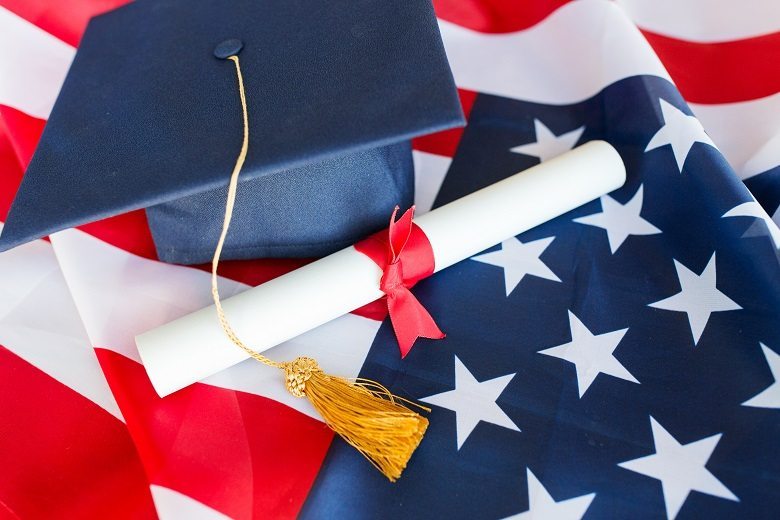Education is an important aspect of life and it helps people recognize their potential. It prepares them to take charge, and be the best in their fields. The American Educational system was established to help young people understand the world around them and help them develop their skills. But things have not been the same for the past decades.
The system is now more focused on growing technologies and obsessed with mathematics, science, and engineering curriculum. The emphasis on these departments has made the educational system totally shift its focus from other vocational skills. This has discouraged young people with those skills and made them feel unwanted, says Aaron Dungca, a high school teacher and lover of nature. What does the future hold for American education? Read on as Aaron Dungca walks you through this.
Change in the American Education
American Education has changed drastically over the last decades and it’s getting worse each day. Many schools are not teaching their students vocational studies and handwriting learning has been replaced with typing. Instead of developing children’s skills, schools now focus more on teaching their students how to use Microsoft and other computer applications.
Critical thinking skills are no longer implemented and the dependence on technology is increasing daily. Schools should understand that there is a difference between grade-level coursework and the development of student skills and uniqueness. Although the educational system has great intentions, it is not implemented in the right direction and manner. Young people should be taught how to thrive and not survive when they finish school.
What student should be taught
Multilingualism
Multilingualism is a skill that should be learned by every American student because of its great demand in the global market. People who have multilingualism skills are highly sought after and paid higher than others in every industry. They also get additional benefits because of their better communication anywhere they go in the world. Research has shown that 90% of European students learn foreign languages in school while only 20% of American students learn a foreign language in school.
Multilingualism should be a skill taught in all schools because it is a global skill that can help young people communicate better in the world. It should be available for every student in American, not specific students. If students with learning disabilities can learn more than two languages, any student can learn multilingualism skills, says Aaron Dungca.
Entrepreneurship
Students can be taught entrepreneurship without increasing the curriculum. They should learn how to start their project and make money from it. They should be well educated on how to plan business projects, and all the risks involved. Schools can also organize interdisciplinary units where students are split into groups and each group will come up with business ideas. No one is too small to start a business if they have all the knowledge they did. They might not be ready to start the business on their own at a young age but they can collaborate with other brands.
Communication
Students should be taught how to communicate better and use language effectively. Essays are great but learning how to express themselves and share their ideas with the world in a professional manner is more important. Recognizing when to speak informal and professional English allows them to communicate better. Students should also be given a platform where they can write about things they enjoy, communicate and learn from others.
Conclusion
Students should be exposed to different courses such as multilingualism, music, entrepreneurship, and science, at a young age. This will help them develop the right skills which will be valuable for them in the real world.
